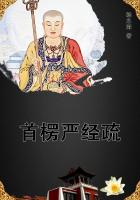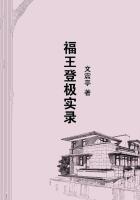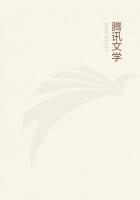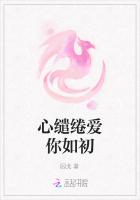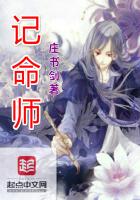The habits of the college permitted no active candidacy; he and his rivals had not a word to say for or against themselves, and he was never even consulted on the subject; he was not present at any of the proceedings, and how it happened he never could quite divine, but it did happen, that one evening on returning from Boston he received notice of his election, after a very close contest, as Class Orator over the head of the first scholar, who was undoubtedly a better orator and a more popular man. In politics the success of the poorer candidate is common enough, and Henry Adams was a fairly trained politician, but he never understood how he managed to defeat not only a more capable but a more popular rival.
To him the election seemed a miracle. This was no mock-modesty; his head was as clear as ever it was in an indifferent canvass, and he knew his rivals and their following as well as he knew himself. What he did not know, even after four years of education, was Harvard College. What he could never measure was the bewildering impersonality of the men, who, at twenty years old, seemed to set no value either on official or personal standards. Here were nearly a hundred young men who had lived together intimately during four of the most impressionable years of life, and who, not only once but again and again, in different ways, deliberately, seriously, dispassionately, chose as their representatives precisely those of their companions who seemed least to represent them. As far as these Orators and Marshals had any position at all in a collegiate sense, it was that of indifference to the college. Henry Adams never professed the smallest faith in universities of any kind, either as boy or man, nor had he the faintest admiration for the university graduate, either in Europe or in America; as a collegian he was only known apart from his fellows by his habit of standing outside the college; and yet the singular fact remained that this commonplace body of young men chose him repeatedly to express his and their commonplaces. Secretly, of course, the successful candidate flattered himself -- and them -- with the hope that they might perhaps not be so commonplace as they thought themselves; but this was only another proof that all were identical. They saw in him a representative -- the kind of representative they wanted -- and he saw in them the most formidable array of judges he could ever meet, like so many mirrors of himself, an infinite reflection of his own shortcomings.
All the same, the choice was flattering; so flattering that it actually shocked his vanity; and would have shocked it more, if possible, had he known that it was to be the only flattery of the sort he was ever to receive.
The function of Class Day was, in the eyes of nine-tenths of the students, altogether the most important of the college, and the figure of the Orator was the most conspicuous in the function. Unlike the Orators at regular Commencements, the Class Day Orator stood alone, or had only the Poet for rival. Crowded into the large church, the students, their families, friends, aunts, uncles and chaperones, attended all the girls of sixteen or twenty who wanted to show their summer dresses or fresh complexions, and there, for an hour or two, in a heat that might have melted bronze, they listened to an Orator and a Poet in clergyman's gowns, reciting such platitudes as their own experience and their mild censors permitted them to utter.
What Henry Adams said in his Class Oration of 1858 he soon forgot to the last word, nor had it the least value for education; but he naturally remembered what was said of it. He remembered especially one of his eminent uncles or relations remarking that, as the work of so young a man, the oration was singularly wanting in enthusiasm. The young man -- always in search of education -- asked himself whether, setting rhetoric aside, this absence of enthusiasm was a defect or a merit, since, in either case, it was all that Harvard College taught, and all that the hundred young men, whom he was trying to represent, expressed. Another comment threw more light on the effect of the college education. One of the elderly gentlemen noticed the orator's "perfect self-possession." Self-possession indeed! If Harvard College gave nothing else, it gave calm. For four years each student had been obliged to figure daily before dozens of young men who knew each other to the last fibre. One had done little but read papers to Societies, or act comedy in the Hasty Pudding, not to speak of regular exercises, and no audience in future life would ever be so intimately and terribly intelligent as these. Three-fourths of the graduates would rather have addressed the Council of Trent or the British Parliament than have acted Sir Anthony Absolute or Dr. Ollapod before a gala audience of the Hasty Pudding. Self-possession was the strongest part of Harvard College, which certainly taught men to stand alone, so that nothing seemed stranger to its graduates than the paroxysms of terror before the public which often overcame the graduates of European universities. Whether this was, or was not, education, Henry Adams never knew. He was ready to stand up before any audience in America or Europe, with nerves rather steadier for the excitement, but whether he should ever have anything to say, remained to be proved. As yet he knew nothing Education had not begun.


